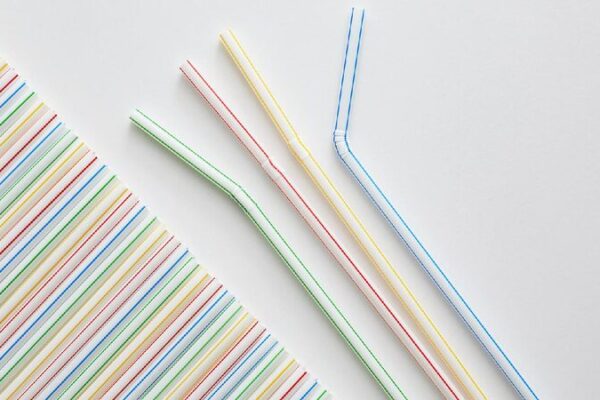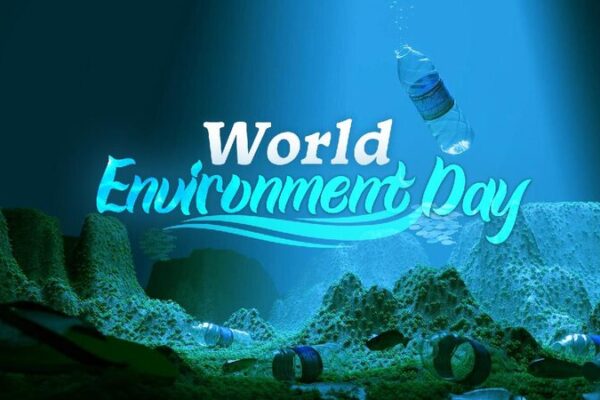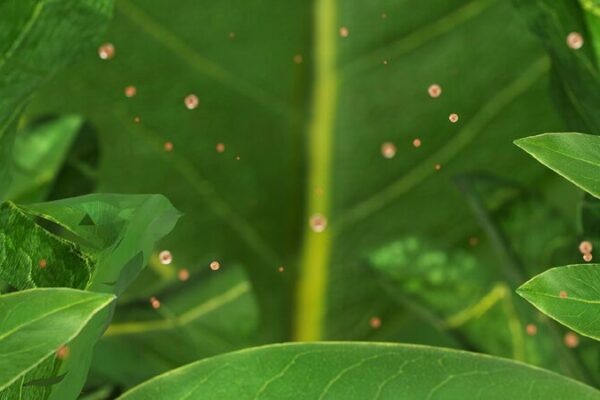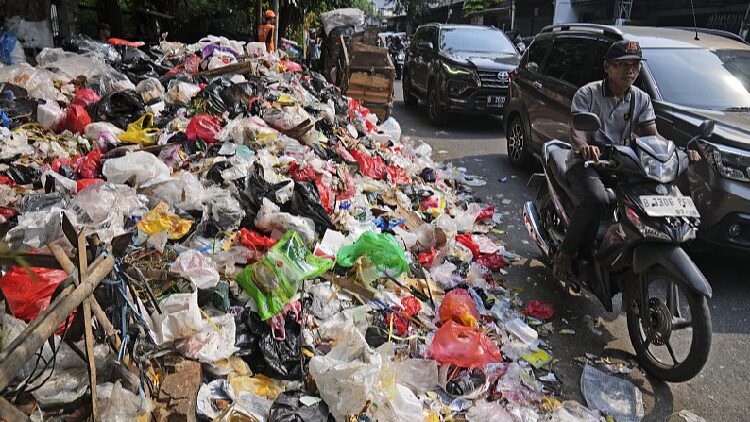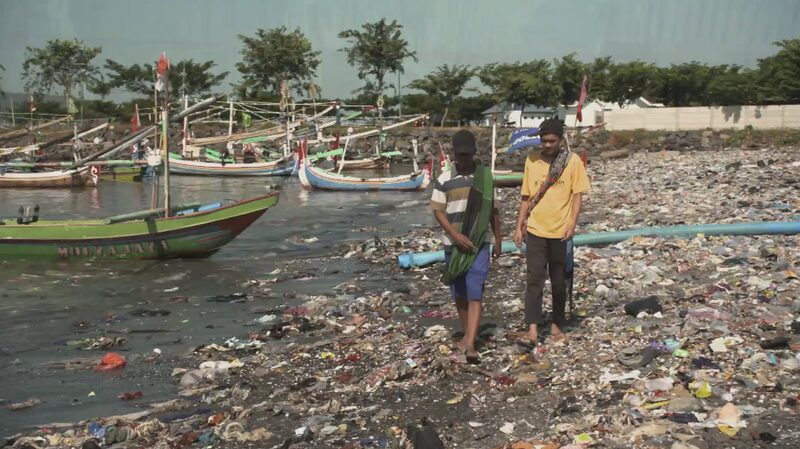Tiny plastic particles are making big waves in our planet’s land ecosystems. A recent study has uncovered how micro- and nanoplastics (MNPs) are infiltrating terrestrial food webs, posing new challenges to environmental health.
The research, published in Trends in Plant Science, was conducted by scientists from Xishuangbanna Tropical Botanical Garden (XTBG) under the Chinese Academy of Sciences, King Abdullah University of Science and Technology in Saudi Arabia, and the University of Southern Denmark. Their findings shed light on the hidden journey of these minuscule pollutants.
MNPs, ranging from one nanometer to five millimeters, originate from the breakdown of larger plastic waste. While much attention has been given to their impact on oceans, this study highlights their significant effects on land.
“Our research shows that MNPs accumulate in most studied plants and associated aboveground and belowground organisms,” explained Xu Guorui, a researcher at XTBG. “Once absorbed by plants, these particles interact with herbivores, pollinators, and mycorrhizal fungi, potentially disrupting the entire ecosystem.”
The team discovered that MNPs can transfer along food webs both above and below the ground, affecting biodiversity and the multifunctionality of ecosystems. They identified key pathways through which these plastics move, raising concerns about their long-term impact on the environment.
The researchers are calling for urgent studies to fully understand how these particles affect terrestrial ecosystems. They emphasize the need for strategies to mitigate the effects of MNPs on plants and the interconnected food webs they support.
As plastic production continues to rise globally, understanding and addressing the effects of MNPs has never been more critical. This study serves as a crucial step toward recognizing and combating the pervasive influence of plastic pollution on land.
Reference(s):
Study reveals tiny plastic particles' impact on terrestrial food webs
cgtn.com


